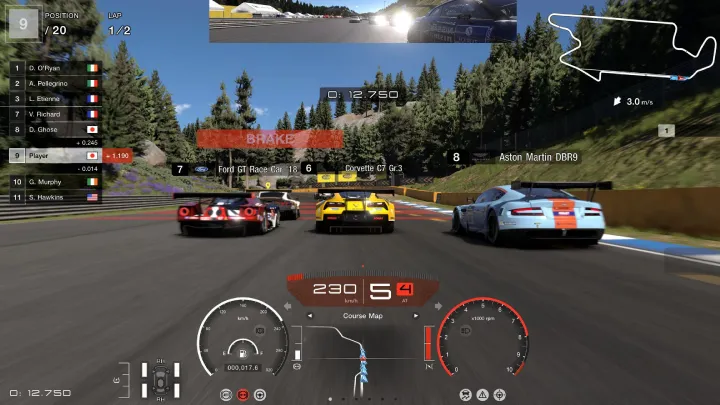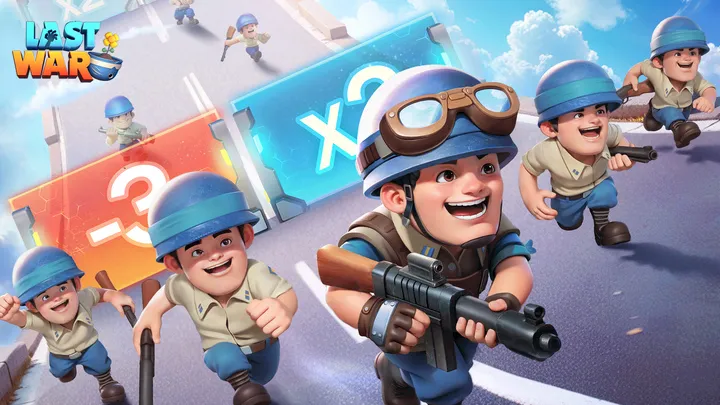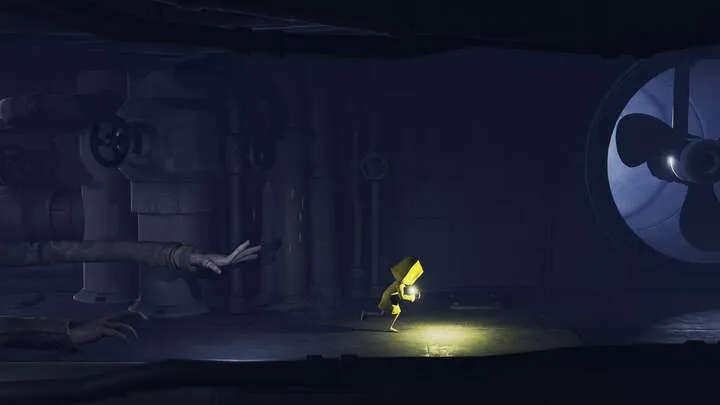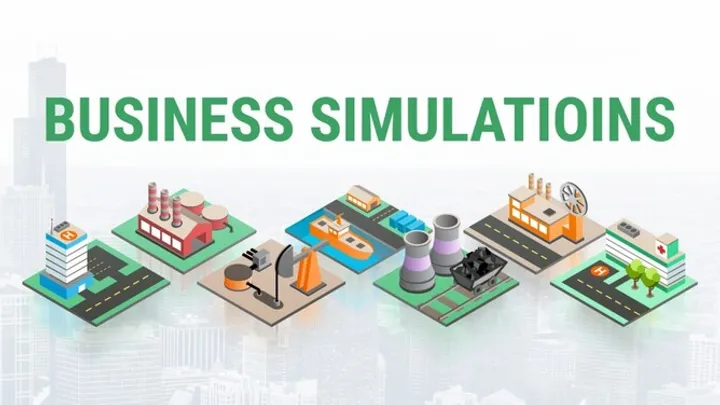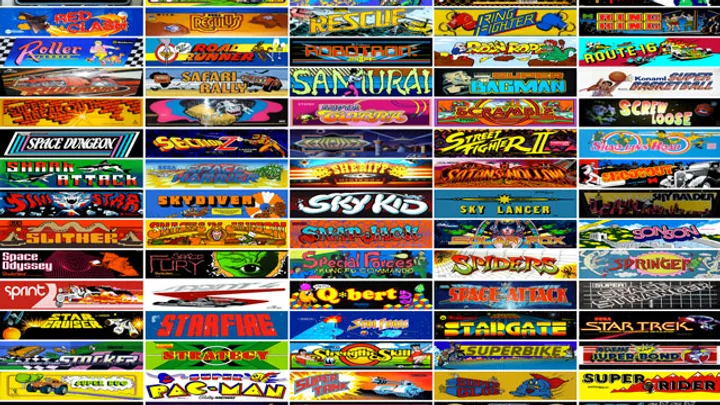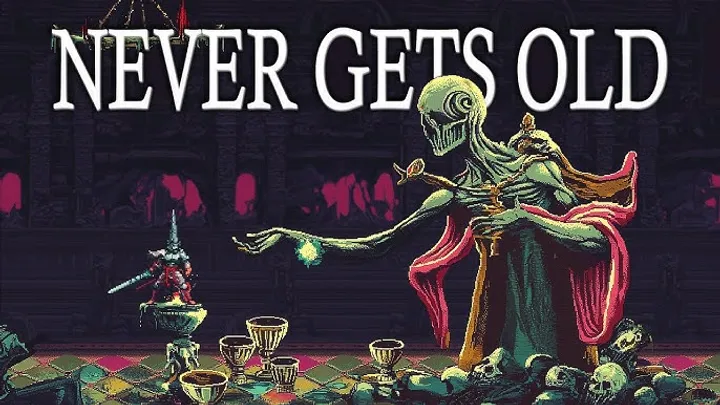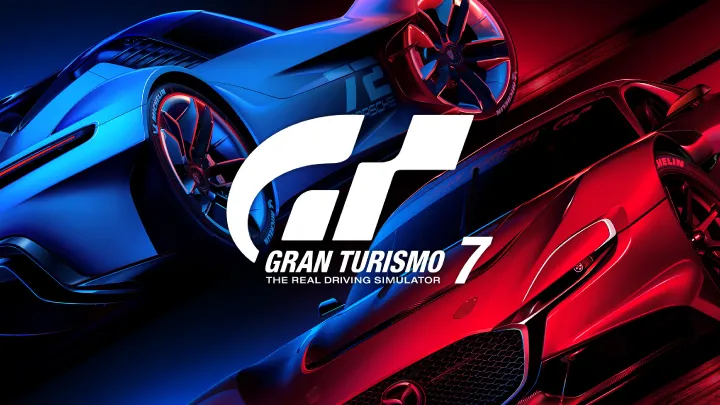
Gran Turismo 7, the latest installment in the beloved racing simulation franchise, has garnered significant attention since its release. While praised for its stunning graphics, realistic physics, and extensive car roster, the game has also faced criticism, particularly regarding its microtransaction system. This article delves deeply into the microtransaction controversy surrounding Gran Turismo 7, exploring its implications for players and the gaming community.
The Rise of Gran Turismo 7
Gran Turismo 7 was released in March 2022, marking the return of the iconic franchise after a hiatus. Developed by Polyphony Digital, the game aimed to blend the best elements of its predecessors while introducing new features and enhancements. With a focus on realism and attention to detail, Gran Turismo 7 quickly captured the hearts of racing enthusiasts.
The Core Features of Gran Turismo 7
Gran Turismo 7 offers a plethora of features, including:
- Realistic Driving Physics: The game simulates real-world driving conditions, providing players with an immersive experience.
- Extensive Car Collection: With over 400 cars from various manufacturers, players can find their dream vehicles.
- Dynamic Weather and Day/Night Cycle: These elements add depth to races and challenge players to adapt their strategies.
Despite these impressive features, the game’s monetization strategy has become a focal point of discussion.
Understanding Microtransactions
What Are Microtransactions?
Microtransactions refer to the practice of offering players the ability to purchase in-game items, currency, or other benefits for real money. While this practice is common in free-to-play games, it has increasingly been adopted by premium titles like Gran Turismo 7.
The Different Types of Microtransactions in Gran Turismo 7
Gran Turismo 7 implements various microtransaction models, including:
- In-Game Currency Purchases: Players can buy credits to acquire cars or upgrade their vehicles.
- Special Packs: These packs offer unique cars or items for a set price.
- Customization Options: Players can purchase aesthetic upgrades for their cars.
While these options provide convenience, they have sparked a debate among the community regarding fairness and balance.
The Community Reaction
Initial Responses to Microtransactions
Upon the game's release, players expressed mixed feelings about the microtransaction system. Many appreciated the opportunity to enhance their gaming experience but criticized the perceived pay-to-win aspects.
Outcry from the Racing Community
The racing community has a history of valuing skill and dedication over financial investment. As such, the introduction of microtransactions in Gran Turismo 7 was met with strong backlash, with many players feeling that it undermined the spirit of competition.
Economic Accessibility in Gran Turismo 7
The Cost of In-Game Items
One of the most contentious issues is the pricing of cars and upgrades within the game. While some cars are reasonably priced, others require excessive grinding or significant real-money investment.
Comparing Prices with Other Titles
When compared to other racing games, Gran Turismo 7's pricing can seem disproportionate. For example, titles like Forza Horizon 5 offer a more balanced approach to in-game currency, allowing players to earn cars through gameplay rather than relying heavily on microtransactions.
The Impact on Gameplay Experience
Grinding vs. Instant Gratification
The microtransaction model creates a divide between players who choose to grind for in-game currency and those who opt for the easier route of purchasing credits. This disparity can lead to an uneven playing field, diminishing the overall experience for dedicated players.
The Psychological Effects of Microtransactions
Microtransactions can also affect players psychologically. The temptation to spend money for immediate benefits can lead to a cycle of spending that detracts from the satisfaction of earning rewards through skill and effort.
Future of Gran Turismo 7: Developer’s Response
Polyphony Digital's Position
In light of the controversy, Polyphony Digital has issued statements regarding the microtransaction system. The developers have emphasized their commitment to maintaining a fair and balanced environment for all players.
Potential Changes on the Horizon
There have been discussions about potential adjustments to the microtransaction model, including tweaking prices and providing more opportunities to earn in-game currency through gameplay. The community remains hopeful for these changes.
The Broader Implications for Gaming
Industry Trends
The microtransaction debate in Gran Turismo 7 is reflective of a larger trend in the gaming industry. As more titles adopt similar models, players are increasingly vocal about their preferences for fair monetization practices.
The Role of Consumer Feedback
Consumer feedback plays a crucial role in shaping the future of gaming. Developers must consider community responses to avoid alienating their player base. Gran Turismo 7 serves as a case study in the importance of balancing profit motives with player satisfaction.
In summary, Gran Turismo 7's microtransaction controversy highlights significant issues within the gaming industry. While the game offers an immersive and engaging experience, the monetization strategy has raised questions about fairness and accessibility. As the gaming landscape continues to evolve, it is essential for developers to listen to their communities and strive for a balance that respects both player dedication and economic viability.
